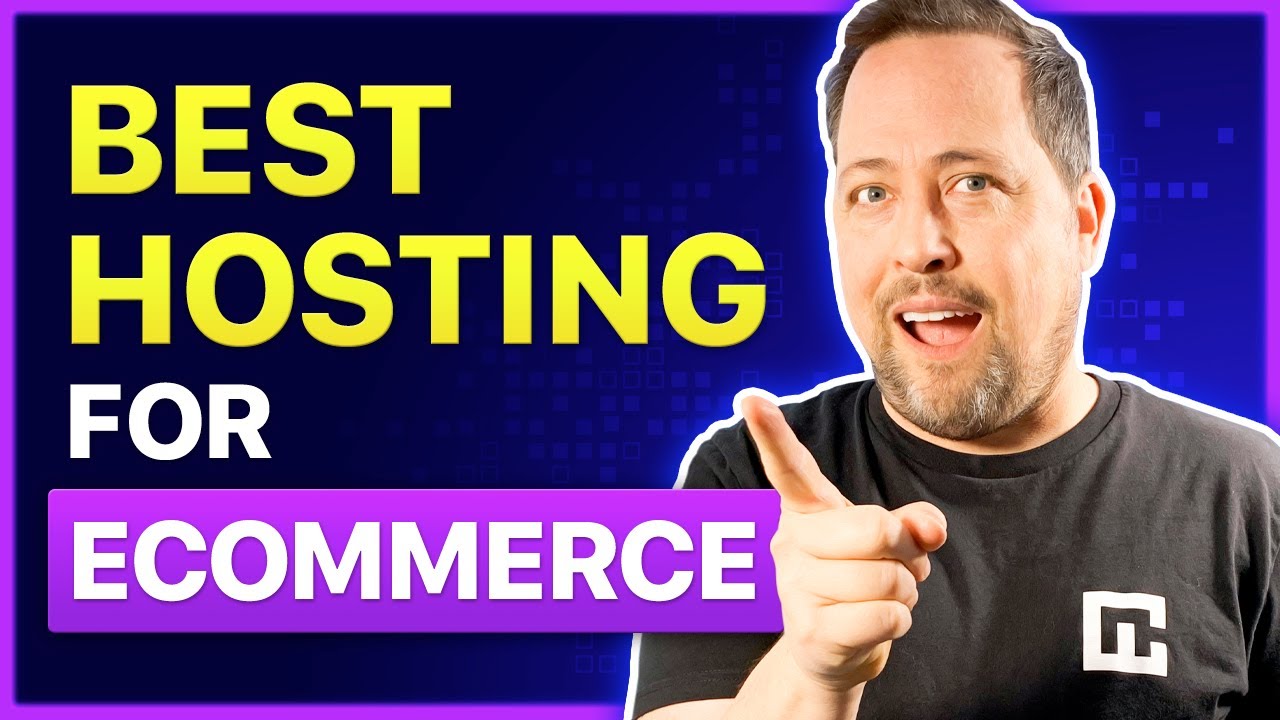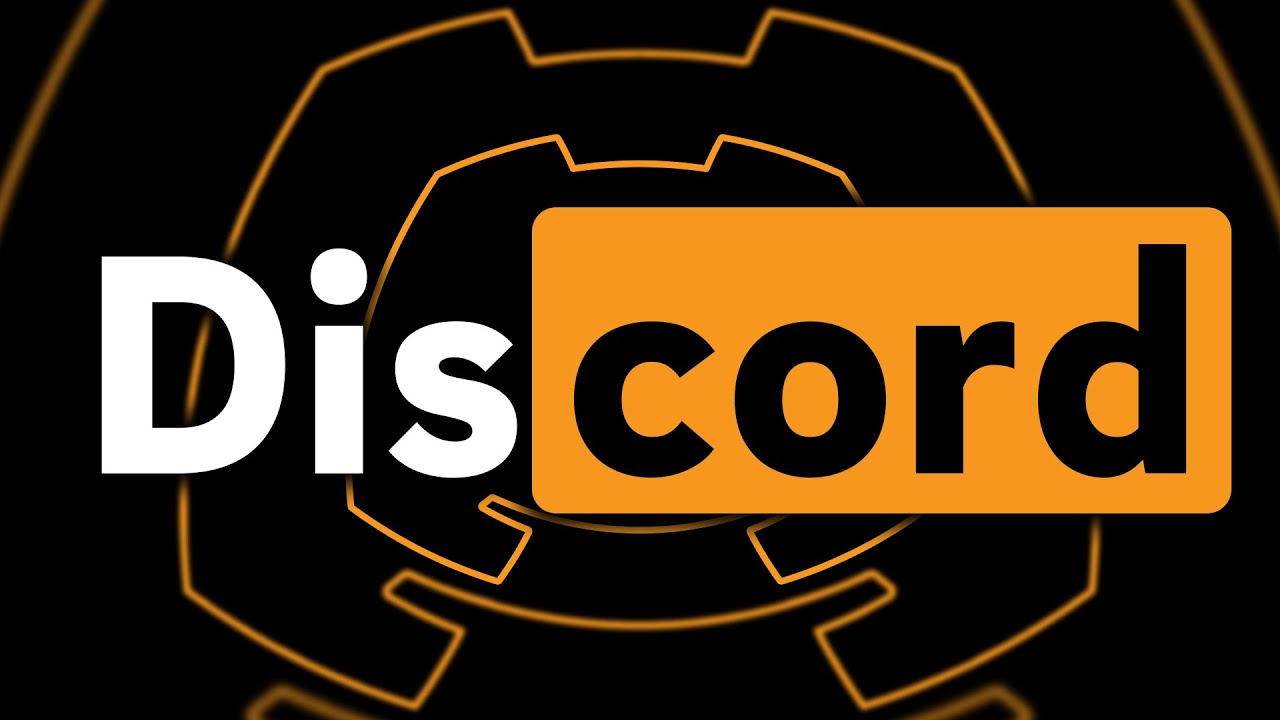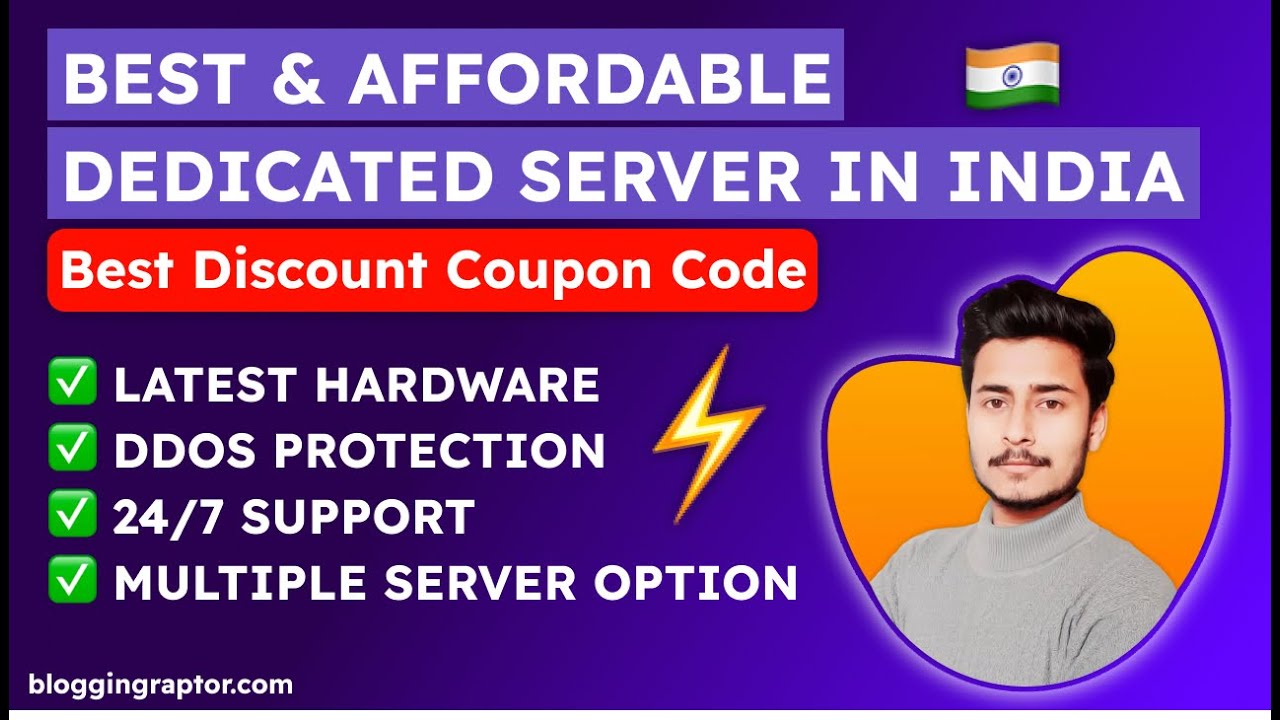Introduction
In today’s digital age, establishing a strong online presence is vital for any business looking to thrive and succeed. Whether you’re launching a new ecommerce store or seeking to enhance the performance of an existing one, choosing the best ecommerce hosting provider is crucial. In this article, we will explore the world of ecommerce hosting, discuss the factors to consider when selecting a hosting provider, highlight the top features to look for, and provide recommendations for the best ecommerce hosting providers in the market.
Understanding Ecommerce Hosting
Ecommerce hosting refers to the specialized hosting services tailored to meet the unique needs of online businesses. Unlike regular web hosting, ecommerce hosting is designed to support the complex requirements of online stores, including high traffic volumes, secure transactions, and seamless customer experiences. By opting for ecommerce hosting, businesses can ensure their websites are equipped with the necessary resources and functionalities to handle online transactions, manage inventory, and provide a smooth browsing experience to customers.
Factors to Consider When Choosing Ecommerce Hosting
When selecting the best ecommerce hosting provider for your business, several factors should be taken into account. Let’s explore these factors in detail:
1. Reliability and Uptime
A reliable ecommerce hosting provider should offer high uptime guarantees, ensuring that your online store remains accessible to customers at all times. Downtime can result in lost sales opportunities and a negative impact on your brand’s reputation. Look for providers that guarantee uptime of 99.9% or higher.
2. Scalability and Performance
As your online business grows, you’ll require scalable hosting solutions that can accommodate increasing traffic and resource demands. Ensure that your chosen hosting provider offers scalable plans or the flexibility to upgrade resources seamlessly. Additionally, prioritize providers with robust infrastructure and high-performance servers to deliver fast page load times and a smooth browsing experience for your customers.
3. Security and SSL Certificates
The security of your ecommerce website is of utmost importance. Look for hosting providers that offer robust security measures, including firewalls, malware scanning, and regular backups. SSL certificates are also essential for secure online transactions. Ensure that your hosting provider supports SSL certificates and provides them as part of their hosting packages.
4. Ecommerce Features and Integrations
Consider the specific ecommerce features and integrations offered by the hosting provider. Look for essential functionalities such as shopping cart software, payment gateways, inventory management systems, and support for popular ecommerce platforms like WooCommerce or Magento. The hosting provider should also support easy integration with third-party tools and services to enhance the functionality of your online store.
5. Customer Support
Reliable customer support is crucial, especially when you encounter technical issues or require assistance with your ecommerce hosting. Look for hosting providers that offer 24/7 customer support through various channels, including live chat, email, or phone. Prompt and knowledgeable support can help you resolve issues quickly and minimize any potential impact on your online business.
Top Features to Look for in Ecommerce Hosting
When evaluating ecommerce hosting providers, certain features are key to ensuring optimal performance and functionality for your online store. Here are some important features to consider:
- SSL Certificates: Look for hosting providers that offer SSL certificates to secure your customers’ sensitive data during transactions.
- Payment Gateways: Ensure that the hosting provider supports popular payment gateways to enable smooth and secure transactions on your online store.
- Scalability: Choose a hosting provider that offers scalable plans or resources, allowing you to easily accommodate growing traffic and expanding product catalogs.
- Content Delivery Network (CDN): A CDN helps accelerate page load times by serving content from servers located closer to your customers, reducing latency and improving the overall browsing experience.
- Automatic Backups: Regular backups are essential to safeguard your online store’s data. Look for hosting providers that offer automatic backup solutions and allow easy restoration.
- Website Builder: If you’re new to website development, consider a hosting provider that offers a user-friendly website builder, enabling you to create an appealing and functional online store without coding knowledge.
Best Ecommerce Hosting Providers
Based on thorough research and customer reviews, the following ecommerce hosting providers stand out in the market:
1. Bluehost
Bluehost is a highly regarded hosting provider known for its reliable service and excellent performance. They offer ecommerce-specific hosting plans that include features like SSL certificates, one-click installations for popular ecommerce platforms, and round-the-clock customer support.
2. SiteGround
SiteGround is a popular choice among ecommerce store owners due to its exceptional speed, security, and 24/7 customer support. They provide advanced caching mechanisms, automatic updates, and a user-friendly interface that makes managing your online store a breeze.
3. Shopify
Shopify is a leading ecommerce platform that also offers hosting services. Their all-in-one solution provides everything you need to start and manage your online store, including hosting, domain registration, payment gateways, and customizable themes. Shopify simplifies the process of setting up and running an ecommerce store.
4. HostGator
HostGator offers reliable and feature-rich hosting plans suitable for ecommerce businesses of all sizes. They provide unlimited disk space, bandwidth, and email accounts, along with a range of ecommerce features, including shopping cart software and one-click installations for popular ecommerce platforms.
Comparison of Top Ecommerce Hosting Providers
| Hosting Provider | Features | Pricing (Starting From) |
|---|---|---|
| Bluehost | SSL certificates, 24/7 customer support | $2.95/month |
| SiteGround | Advanced caching, top-notch security | $6.99/month |
| Shopify | All-in-one solution, customizable themes | $29/month |
| HostGator | Unlimited resources, shopping cart software | $2.75/month |
Factors to Consider When Migrating to a New Ecommerce Hosting Provider
Migrating your online store to a new hosting provider requires careful planning and execution. Consider the following factors to ensure a smooth transition:
- Data Migration: Ensure that the new hosting provider offers assistance or tools for seamless data migration, minimizing any downtime or data loss during the process.
- Compatibility: Check if your current ecommerce platform is compatible with the new hosting provider. Verify that the required software, scripts, and integrations will work seamlessly.
- DNS Propagation: Keep in mind that DNS propagation can take time. Plan your migration during a low-traffic period and inform your customers in advance to minimize any potential disruption.
- Testing and Monitoring: After the migration, thoroughly test your website to ensure all functionalities are working correctly. Monitor its performance closely and address any issues promptly.
Conclusion
Selecting the best ecommerce hosting provider is a critical decision for the success of your online business. Consider factors like reliability, scalability, security, ecommerce features, and customer support when making your choice. Bluehost, SiteGround, Shopify, and HostGator are reputable providers worth exploring. Remember to migrate carefully if you’re considering switching hosting providers to ensure a smooth transition. With the right ecommerce hosting, you can unleash the power of online business and create a seamless shopping experience for your customers.
FAQs
- What is ecommerce hosting? Ecommerce hosting refers to specialized hosting services designed to meet the unique requirements of online businesses. It provides the necessary resources and functionalities to support online transactions, manage inventory, and deliver a seamless browsing experience.
- Why do I need SSL certificates for my ecommerce website? SSL certificates encrypt the communication between your website and customers, ensuring secure online transactions and protecting sensitive data such as credit card information. SSL certificates also inspire trust and credibility among your customers.
- Can I migrate my existing online store to a new ecommerce hosting provider? Yes, you can migrate your online store to a new hosting provider. However, it requires careful planning and execution to minimize any disruption or data loss during the migration process.
- What is DNS propagation, and how does it affect my website? DNS propagation is the time it takes for changes to your domain’s DNS records to propagate across the internet. During this period, your website may be temporarily inaccessible to some users. It typically takes 24-48 hours for DNS changes to propagate globally.
- What should I do if I encounter technical issues with my ecommerce hosting? Contact your hosting provider’s customer support immediately. Reliable hosting providers offer 24/7 support through various channels to assist you with technical issues and ensure minimal downtime for your online store.





